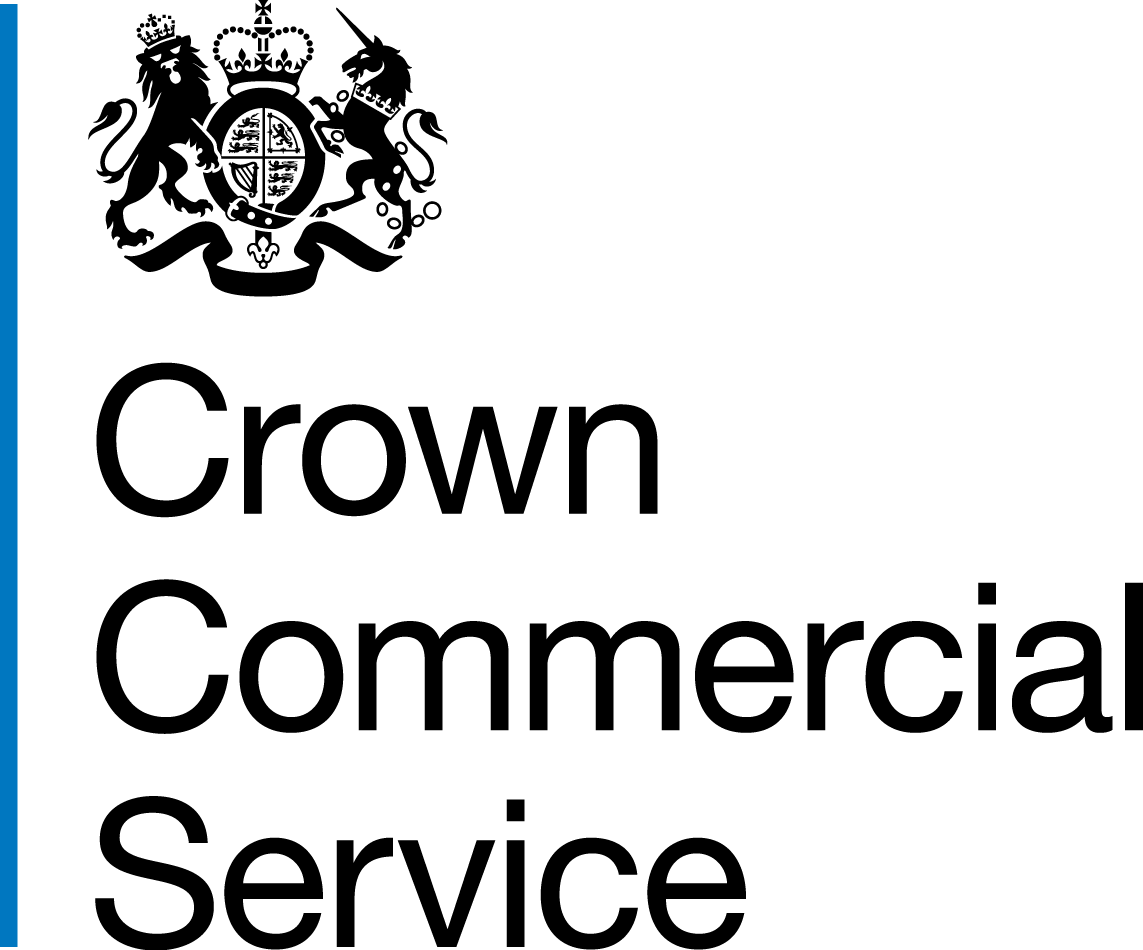Crown Commercial Service (CCS) introduces its digital transformation guide, designed to ease local government processes and save money through sharing best practice and collaboration, improving customer experience

Digital transformation has a critical role to play in the future of local government. It offers communities more flexible access to services around the clock and also supports the Government’s levelling up agenda by making jobs more accessible, regardless of location.
But, against a backdrop of economic uncertainty, many local authorities are struggling to achieve their mounting digital change goals. They face many challenges, including existing incumbent technology, employee skill gaps and squeezed budgets. Local authorities need to make many key decisions as part of their strategic approach to digital transformation to overcome these challenges.
Why digital transformation is critical
Transforming public service delivery through digital solutions will create a more cost-effective and efficient citizen experience, and help cater to users’ specific needs when it comes to how they want to engage with services.
Digital transformation helps generate cost and value efficiencies in local authorities, and encourages effective citizen engagement that can help to shape relevant and appropriate community services.
For example, digital solutions can link processes within and between organisations. This provides customers with a smooth and consistent end-to-end service experience. It captures ongoing and up-to-date insight about how services are used, helping you monitor performance and continuously improve service design. With appropriate customer consent, it enables councils to share information early, online and in real-time to support operational and strategic goals.
Digital solutions will also help support a community-focused, place-making strategy, which is crucial to the way local authorities deliver services.
The challenges of transformation
Squeezed budgets at many local authorities mean they must prioritise spending towards delivery of statutory services. This can impact investment in large projects such as digital transformation.
Digital change can also be challenging to deliver due to complex and outdated legacy software and systems integration, changing citizens’ needs, and failure to agree and manage the required enterprise-wide approach. Also, teams often lack the information technology (IT) skills to deliver transformation and may lack awareness of interoperability requirements, data security and cyber risks.
Why procure your technology solutions through CCS
CCS helps the UK public sector save money when buying common goods and services. It is the largest public procurement organisation in the UK, using its commercial expertise to help buyers in central government, and across the public and third sectors, purchase items such as digital specialists and programmes, software design and implementation services. The organisation can also help when buying items outside the digital arena, such as locum doctors, nursing staff, police cars and electricity.
CCS’ procurement knowledge, and the collective purchasing power of its customers, enables it to get the best commercial deals in the interests of taxpayers. The organisation helps thousands of public and third-sector buyers spend billions of pounds efficiently each year.
The CCS technology team has negotiated a wide range of commercial agreements to support public sector colleagues through a journey to modern digital architecture – and help to buy what is needed, when needed, saving time and money.
In 2021/22, CCS helped its customers achieve over £2.8 billion of commercial benefits via its comprehensive range of agreements.
For example, CCS recently helped Glasgow City Council to avoid spending £4.4 million on an improved city network infrastructure. The body also helped the council generate social value benefits for residents when upgrading its digital infrastructure through CCS’s Network Services 2 agreement.
Supporting artificial Intelligence, automation and cloud journeys
CCS experts can accelerate and help councils to develop their digital transformation strategy from current infrastructure to a modern, cost-effective architecture that supports organisational goals, security requirements, applications, and citizen services. Their commercial and category expertise helps authorities navigate the challenging digital transformation landscape with a comprehensive suite of solutions, including innovations in artificial intelligence (AI), automation, cloud solutions, and geospatial services.
The commercial cloud, hosting agreements and CCS category experts can help local government organisations to transition from on-premise legacy systems to a fully managed cloud, or can review your existing cloud and hosting services. Small steps can lead to huge benefits and opportunities to simplify IT architecture, enabling superior secure and resilient solutions. These steps can ease transition to the cloud and reduce operational risk by increasing digital skills, security, business resilience, scalability, and flexibility.
The local government digital transformation guide
The CCS digital transformation guide for local government is built around the Central Digital and Data Office’s technology code of practice, which helps the public sector design, build and buy technology.
The CCS guide helps councils build a digital transformation strategy that meets customers’ needs
The guide helps you navigate the comprehensive range of technology-centred commercial solutions to outline and deliver your transformation plans. It helps your council build a digital transformation strategy that meets customers’ needs. This strategy will help us level up across the UK and reach our critical net zero targets. The guide is endorsed by the Local Digital Collaboration Unit, which is part of the Department for Levelling Up, Housing and Communities.
Here are five steps from the new guide to help you build a digital transformation strategy that meets your communities’ needs:
Define customer needs: the first step for local authorities is to clearly understand their citizens’ behaviour. Residents and service users have differing requirements – some may contact their council in a crisis; others may just want help with regular services. New technology must meet all these needs and reflect how people want to access services.
Smart collaboration: working with other local authorities can be extremely cost-effective. It can prevent duplication of effort, allowing the re-use of technology, data and services; best practice sharing; and solving common challenges.
Money can also be saved by aggregating digital procurement. For example, Lincoln Council and the London Borough of Southwark worked together to transform management of housing repairs, using our digital marketplace for their procurement. This allowed them to save resources and avoid duplication of effort. Open Source software enables such collaborations and provides transparency, flexibility and accountability.
Fit for the present and the future: any citizen-facing technology must work well now and in the future. It’s critical to choose software that complements existing back-office processes and systems, but has the scope to adapt. No system user – internal or external – should ever be adversely affected by digital transformation.
It is possible to future-proof technology using open standards, which enables communication with other technology and systems – sharing data, where appropriate – and can be upgraded or expanded as needed.
Protecting customer data: local authorities are responsible for the security and privacy of any personal information they hold. Some data will belong to vulnerable individuals, such as looked-after children. The General Data Protection Regulations (GDPR) require all data to be protected. Any breach could result in a significant fine and or put residents and service users at risk. Software is available to meet this challenge.
A clear purchasing strategy: to maximise benefits and minimise risks, digital transformation must include a clear purchasing strategy. This will make clear what components, resources and delivery mechanisms are needed. CCS’ free, easy-to-use guide to digital transformation for local authorities details how to use such a strategy.
Download the CCS guide to digital transformation for local authorities to find out more.
Crown Commercial Service (CCS) introduces its digital transformation guide, designed to ease local government processes and save money through sharing best practice and collaboration, improving customer experience

Digital transformation has a critical role to play in the future of local government. It offers communities more flexible access to services around the clock and also supports the Government’s levelling up agenda by making jobs more accessible, regardless of location.
But, against a backdrop of economic uncertainty, many local authorities are struggling to achieve their mounting digital change goals. They face many challenges, including existing incumbent technology, employee skill gaps and squeezed budgets. Local authorities need to make many key decisions as part of their strategic approach to digital transformation to overcome these challenges.

